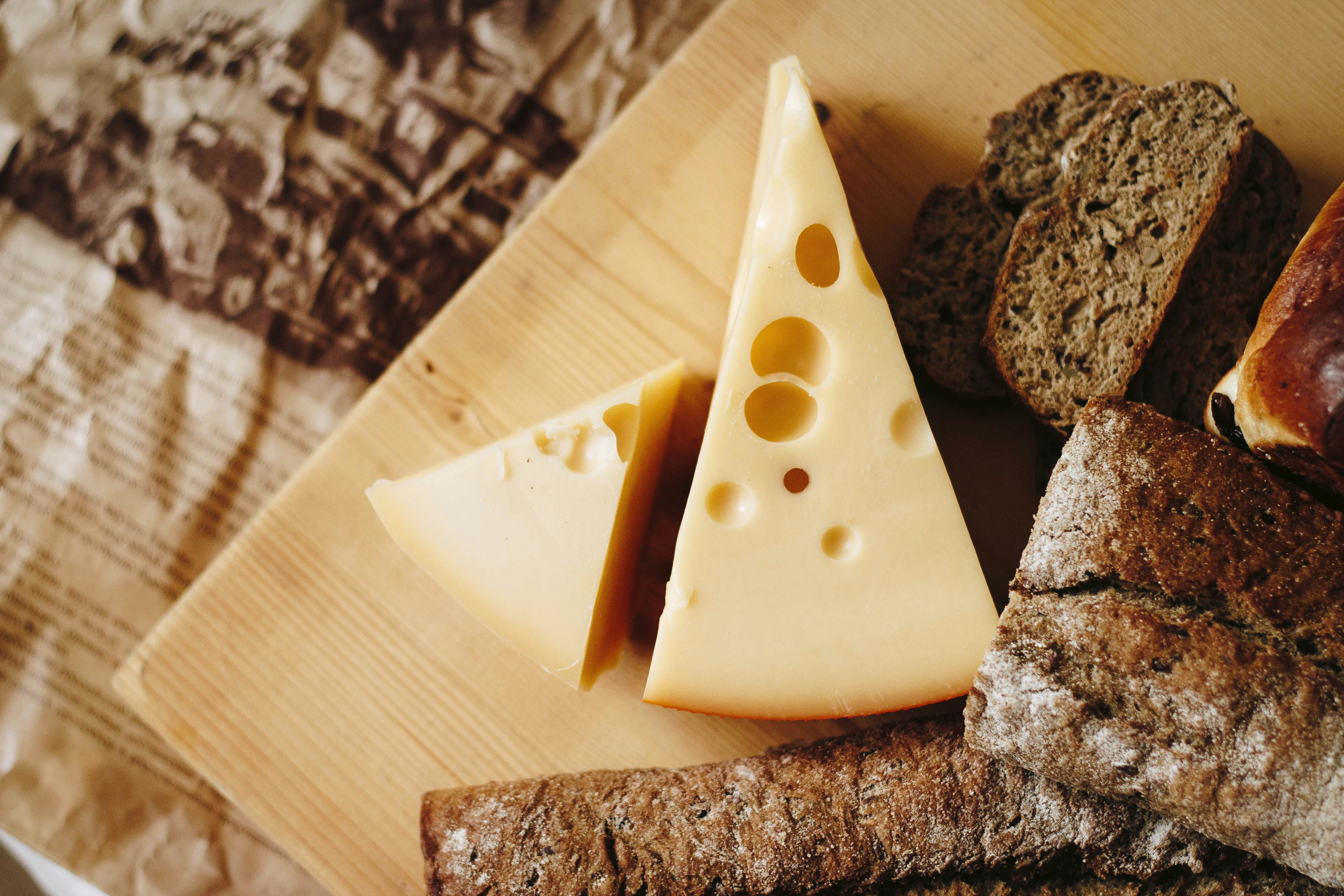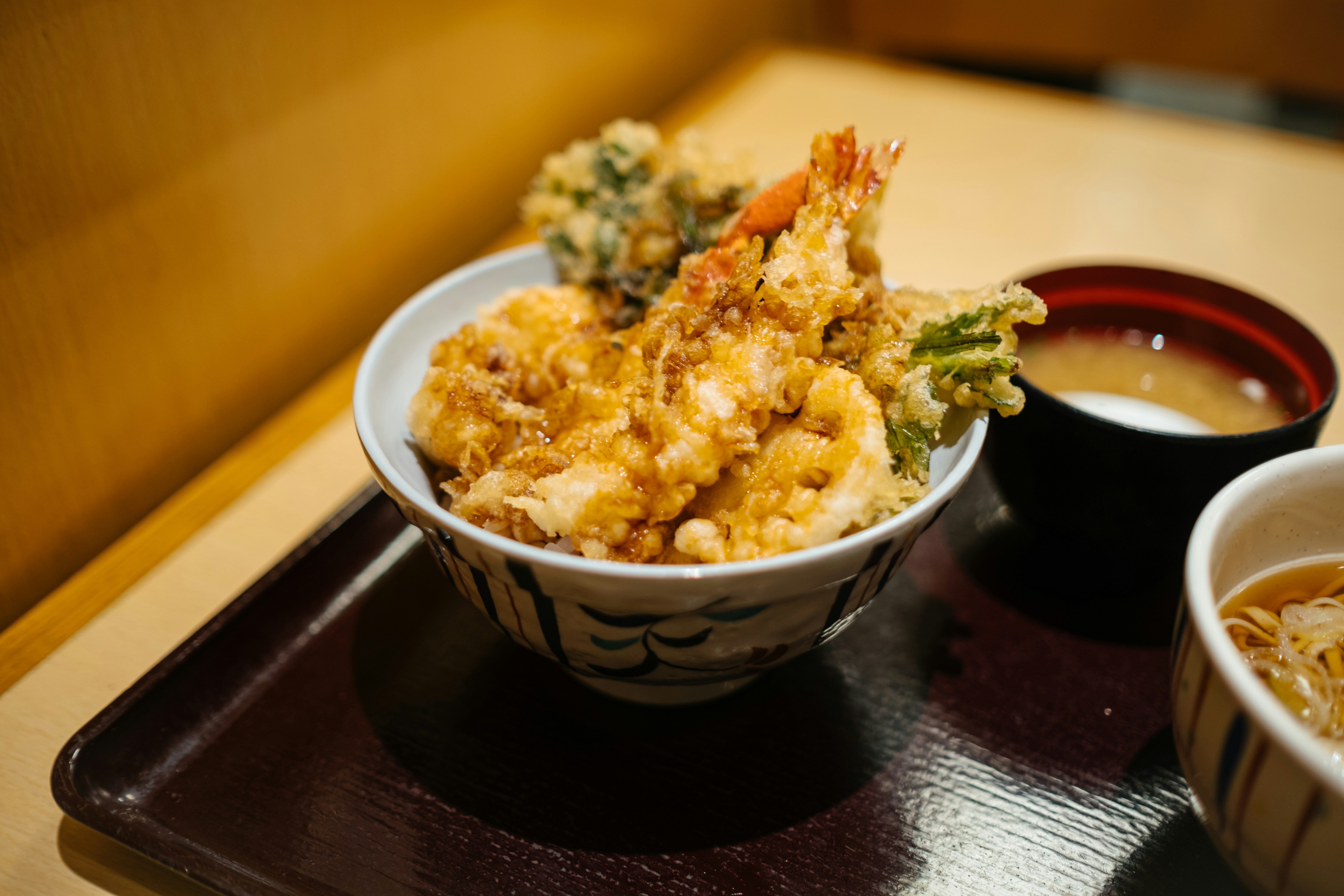New Wave: The Resurgence of Classic French Cooking Techniques in Modern Cuisine
There's a whisper of nostalgia echoing through the vibrant world of gastronomy. The hum of the latest culinary trends is harmonizing with the rich notes of time-honored methods. And at the heart of this symphony, classic French cooking techniques are making a significant comeback in the global culinary scene.

The French have always been known for their culinary finesse, but recently, their traditional techniques have been rediscovered and adapted by chefs worldwide, creating a new wave of modern cuisine. Let’s embark on an exciting journey to explore this resurgence and how it adds depth and dimension to our contemporary dining experiences.
Reviving the Art of French Cooking
From Julia Child’s passion for French cuisine to today’s culinary innovators, the love for French cooking techniques never truly faded; it was only waiting for a fresh interpretation. Today’s chefs are experimenting with these time-honored techniques, integrating them into modern gastronomic experiences, and in the process, reigniting our love for French cuisine.
French Techniques in Contemporary Kitchens
In the age of molecular gastronomy and culinary fusion, why are classic French cooking techniques resurfacing? The answer lies in their versatility and the unique flavors they impart. Techniques like confit, bain-marie, and en papillote, once confined to French kitchens, are now being adopted worldwide, bringing a touch of French culinary art to our dining tables.
Breathing Life into Classic Dishes
The resurgence of French techniques is not just about the methods; it’s also about breathing life into classic dishes. Coq au Vin, Bouillabaisse, and Crepes Suzette are now being reimagined with a modern twist, making them more appealing to the global palate.
The Beauty of Simplicity
One of the most beautiful aspects of French cooking techniques is their simplicity. While they can be intricate, their essence is about understanding and respecting the ingredients. This simplicity is being embraced by chefs worldwide, proving that sometimes, less truly is more.
The Future of French Techniques
While French techniques are making a comeback, they are not merely being replicated but innovated upon. Chefs are bringing in their unique styles and local flavors, creating an exciting fusion of the old and the new. This innovation is what keeps French techniques relevant, and it’s exciting to imagine what the future holds.
- The method of confit involves slow cooking in fat or sugar syrup, creating a melt-in-the-mouth texture.
- Bain-marie, or the water bath, is used for gentle cooking or keeping food warm without overcooking it.
- The technique of cooking en papillote involves enclosing food in a folded pouch, usually parchment paper, and baking it.
As we close this gastronomic exploration, we appreciate the richness of French culinary arts and how they continue to shape our modern dining experiences. The resurgence of French cooking techniques is a beautiful blend of nostalgia and innovation, a testament to the dynamic, evolving nature of gastronomy. It’s a thrilling time for food enthusiasts, and we can’t wait to see how these classic French techniques continue to inspire and elevate our culinary journeys.




